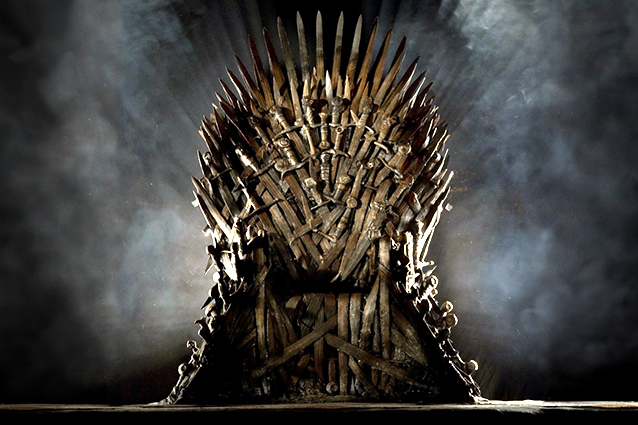Have you ever been given a project and thought, "Where the hell am I gonna start?!" Totally overwhelmed, staring at a lot of emails or piles of paper, you're nearly paralyzed. Or worse...nothing. Has someone ever handed you a project without any context, background...or goals? Just a simple, "do this," and sends you along. If you haven't been in that situation, you will be someday and that day is a terrifying one.
A strategic plan helps with both of these situations and so much more. Trust me - it's among my top takeaways from my time at Boston University's School of Communication and has been the most useful tool in my toolbox at work the past ten years. The best part is, it doesn't just apply to communications work - it looks an awful lot like Harvard Business Review's Guide To Building Your Business Case too.
So let's start with the basic outline and definitions of each section...using Game of Thrones as our guide
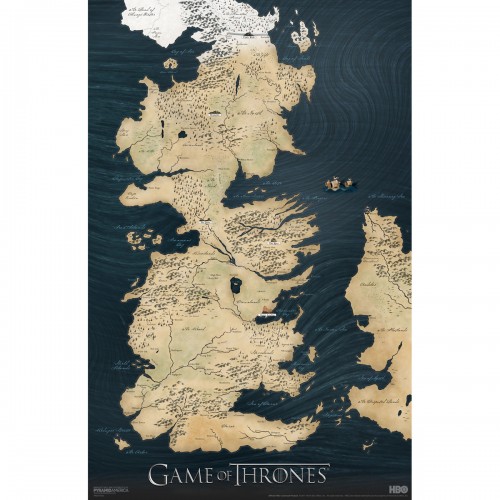
Situation Analysis - A brief analysis of where we stand now, identifying both opportunities and challenges.
Game of Thrones Edition - You start with a map of Westeros and a list of all the houses vying for the Iron Throne. Who are they? What are their weaknesses and strengths?
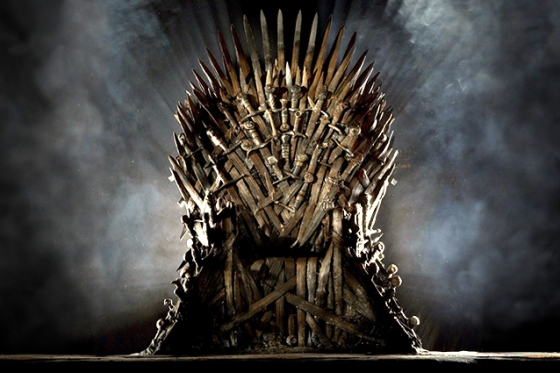
Goal - What you are trying to achieve? Keep in mind here that goals are quantifiable. What are the measurable metrics for this campaign? Example: Pass X bill. Reduce X by Y% You can (and should) have multiple goals for any campaign you're tackling.
Game of Thrones Edition - Sit on the Iron Throne and rule the Seven Kingdoms. Ah, duh.
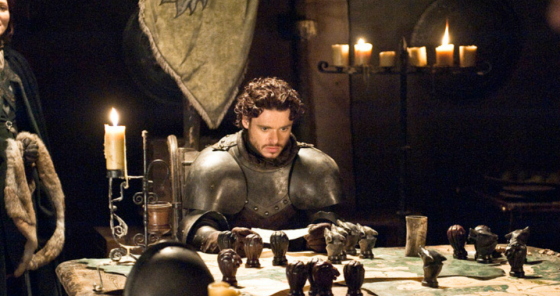
Strategies - The ways we plan to achieve our long-term goal. Examples: Engage social communities in advocacy to protect policy X. Recruit social community members to become e-advocates. Identify and build relationships with key media outlets and reporters who will tell X story.
Game of Thrones Edition - Determine which lands or regions you need to conquer to secure the Throne. Which houses do you need to get on your side so you have more troops to fight your battles with you? Secure The Twins, a critical passage point in the Riverlands by courting House Frey. (Gosh, that went well, didn't it Robb?)
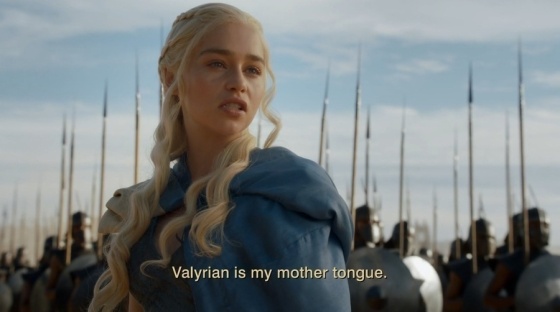
Audience - Who are you trying to reach? The more specific the better. Okay but not great examples: Members. LGBT communities. Millenial men. Better examples: Single people in California between 25 and 34. African American women living in New York City. You will save yourself a lot of time spinning wheels and trying to talk to EVERYONE (and not doing it very well) by honing in on the audiences that matter most to you depending on the goals you are trying to achieve.
Game of Thrones Edition - You need to know exactly who you're talking to - and learn as much as you can about them. So when you go talkin' to Daenerys Targaryen you best know she speaks Valyrian, she has some pissed off dragons and a crap ton of Unsullied under her command!
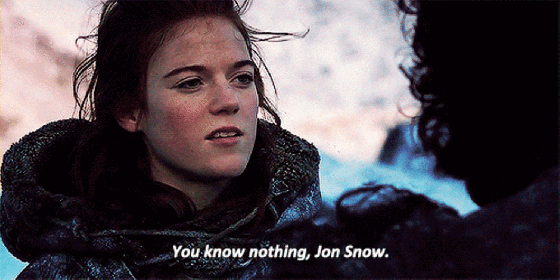
Messages - What are the one or two key messages you will deliver to your key audiences that will resonate with them? If you had just 30 seconds with a target audience member, what would you want to convey?
Game of Thrones Edition - What's the one thing Ygritte really wanted Jon Snow to understand? Yep. Her messaging was short, to the point and she stuck to it! Or, in the case of Robb Stark he really pounded home that he was fighting in the name of his highly revered father, Ned Stark, which was a persuasive message to get people on his side.

Tactics - This is the fun part! Tactics are the nuts and bolts of how you plan to achieve your strategies - and a chance for you to get creative! Example: Tweetups. Contests. Promotions. Petitions. Press releases. Facebook ad campaigns. Paid search campaigns. User generated content campaigns married with a hashtag to raise awareness and build community.
Game of Thrones Edition - Stannis Baratheon knew that to achieve his goal he needed to take Kings Landing. Given his robust naval forces he decided to take the city, by night, via Blackwater Bay. But little did he know one of the many defense tactics Tyrion Lannister had in his back pocket was more wildfire than anyone knew existed. That use of wildfire effectively defended Kings Landing from Stannis and his fleet and kept House Lannister on the Iron Throne.

Timelines & Responsibilities - Pretty simple, this is an outline of who is doing what by when. A simple table in a word doc can do a load of good for your campaign. This portion of your plan allows you to lay out expectations very clearly, manage the project and manage the people working on your team. With everyone on the same page, it becomes much easier to run a streamlined, efficient campaign.
Game of Thrones Edition - Pretty much everyone knows by this point that winter is coming and they won't be able to fight a war when they're buried in ten feet of snow and their smallfolk are dying of starvation because the jerk you're fighting burned down their crops.
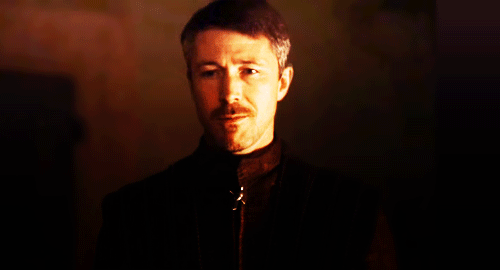
Budget - List the approximate costs for implementing your plan, along with the business unit or individual that will be paying for each tactic. Budgeting for a campaign is like salary negotiations meet budgeting for a house renovation and make a baby. If people don't push back on your budget when you hand it over, you probably didn't ask for enough...because at some point you will go over your budget. Build in an "oh shit!" slush fund, about 20% of your total budget, to account for overspending or unforeseen opportunities.
Game of Thrones Edition - Wars don't pay for themselves, folks! Littlefinger is the master of coin and makes sure the Iron Throne can make it rain Gold Dragons whenever it's needed.
Where I see many people flourish is at the tactical level - coming up with ideas and getting creative. Where it gets a little dicier, and where you'll most often get pushback, is when it comes to defining goals and identifying strategies everyone can agree on. It's okay to start with brainstorming a ton of tactics, but trust me, it's worth the awkward moments or tired/sore brains to answer the hard questions. Ultimately, you are setting yourself and your team up for success.
While this is the most basic of strategic plan templates, there are many, many others out there to choose from depending on your business and your needs. Simply being able to walk a client, business partner or team of people through this process will elevate you as a leader and significantly increase the quality of your campaign.
What else do you put in a strategic plan? Where have you run into trouble trying to implement a plan? Tweet me or leave a comment below!

